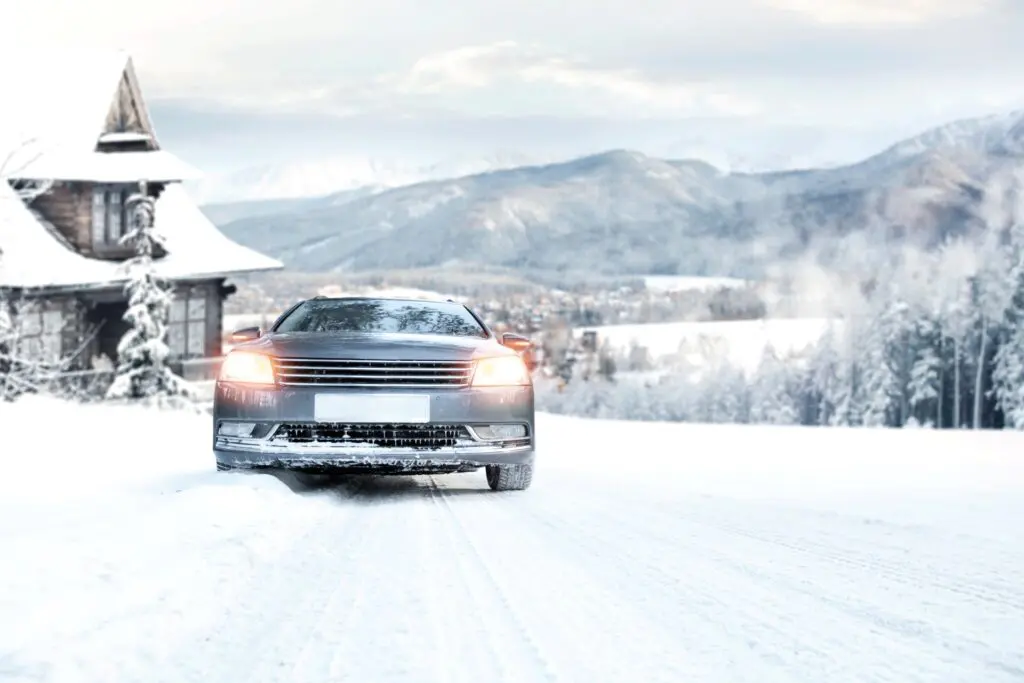With continual snowfall and the holidays on the horizon for the season, you might be looking at your car and wondering what financial cuts you can make. One part you shouldn’t cut back on is getting winter tires. The difference between summer and winter tires is not insignificant.
Below we break down the answers to some common questions about summer tires and winter tires and dispel some common misconceptions.
Using Summer Tires in Winter (and Why You Shouldn’t)
There are a lot of questions surrounding what you can and can’t do with tires online like:
- Do summer tires wear faster in winter?
- Is there a big difference between summer tires and winter tires?
- When should you not use summer tires?
- Can I use my winter tires in the summer?
To answer these accordingly, summer tires do wear faster in winter because there is a big difference between summer tires and winter tires. Tires made for summer or 3 seasons (spring, summer, fall) are literally made of a kind of rubber than can handle higher temperatures, but not cold ones and using them in cold weather will drastically cut down on the overall life of the tire.
Conversely, winter tires are made of rubber that can handle colder temperatures, but not hot ones. As such, winter tires provide significantly more grip in winter so summer tires should never be used in winter. In the same way, winter tires should never be used in the summer. In fact, driving on winter tires in the summer can increase the braking distance by at least 10% on dry pavement and 26% on wet pavement.
How Summer and Winter Tires are Designed
Aside from being made of a different kind of rubber, summer tires and winter tires are inherently designed differently in a number of ways.
- Summer tires are made to have a lower rolling resistance meaning they are more efficient and quieter but thus have less grip on snow and ice accordingly.
- A higher rolling resistance on winter tires means they also have a shorter braking distance on ice or snow so you’re able to stop quicker.
- Winter tire treads are also deeper with sipes (the gaps that form treads in tires) that are designed to push away snow and ice for maximum grip and traction.
Overall, summer tires are truly not designed in any way to handle cold temperatures and should not be used in winter conditions.


